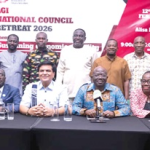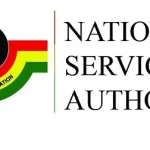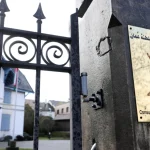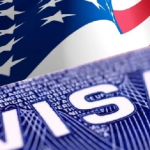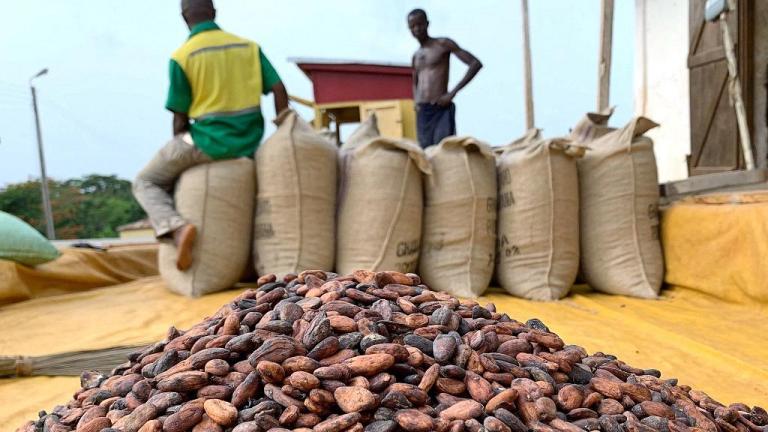The Ministry of Finance has paid over GH₵12 billion as the cost of excess energy capacity charges inherited since 2017.
According to a source at the ministry, the huge amount was paid for electricity termed by experts as “excess capacity” that the country did not use due to the ‘Take-or-Pay’ contracts entered into by the previous NDC administration before the NPP Government assumed office.
“Ghanaians have enjoyed stable electricity supply since 2017 as opposed to the dreaded ‘dumsor’ they endured from 2011 to 2016. The interesting part is not only the ingenuity of the managers of the economy led by Ken Ofori-Atta, keeping the lights on at affordable prices, but also they have miraculously extended power to a segment of Ghanaians since the incidence of COVID-19 till now for free,” the source said.
The source said the change in the tune from dumsor to free electricity had been possible because the Finance Minister had been resourceful since 2017 and had helped to largely meet Ghana’s financial commitments to Independent Power Producers (IPPs).
He said the dumsor was partly due to the government’s inability to pay IPPs to keep the lights on, adding that “the persistent unreliable power supply was compounded by bad Power Purchase Agreements (PPAs) that saddled the nation with huge debts in the energy sector; and sadly but admittedly this avoidable energy sector debt still posed a threat to the economy for adding up to the country’s debt stock.”
He said further that “currently, of the 60% of 2,300 megawatts (MW) of installed capacity of electricity contracted between 2011 and 2016 on a take-or-pay basis, only 40% of it is actually consumed. Ghana has an installed capacity of about 5,000 megawatts and dependable capacity of about 4,700MW with all time high peak demand of 2,700MW. This means since 2017 Ghana has had to look for money to pay about 600MW of excess capacity that was never used.”
“The government boldly crafted the Energy Sector Reform Programme (ESRP) to effectively deal with all key issues in the energy sector that was seen as a pillar to propel the economy Beyond Aid and under ESRP. The government is in the process of renegotiating with IPPs to convert purchase agreements from Take-or-Pay to Take-and-Pay to put an end to the payment of excess capacity that keeps adding to Ghana’s debt stock.”
The government, the source said, was taking prudent measures because there was looming danger where from 2020, the country would have to pay also for annual excess gas capacity charges of between $550 million and $850 million every year due to contracts that the previous government entered into with gas producers, adding “specifically, government paid $520 million (GH¢2.7 billion) energy sector debt in 2018; $604 million(GH¢3.14 billion) by end June 2019, with a projected $1billion (GH¢5.2 billion) payment by end 2019.”
The New Patriotic Party (NPP) administration in 2018 reduced electricity prices of businesses by 30% and for households by 17.5%, an average of around 22% even though there were challenging times ahead.




